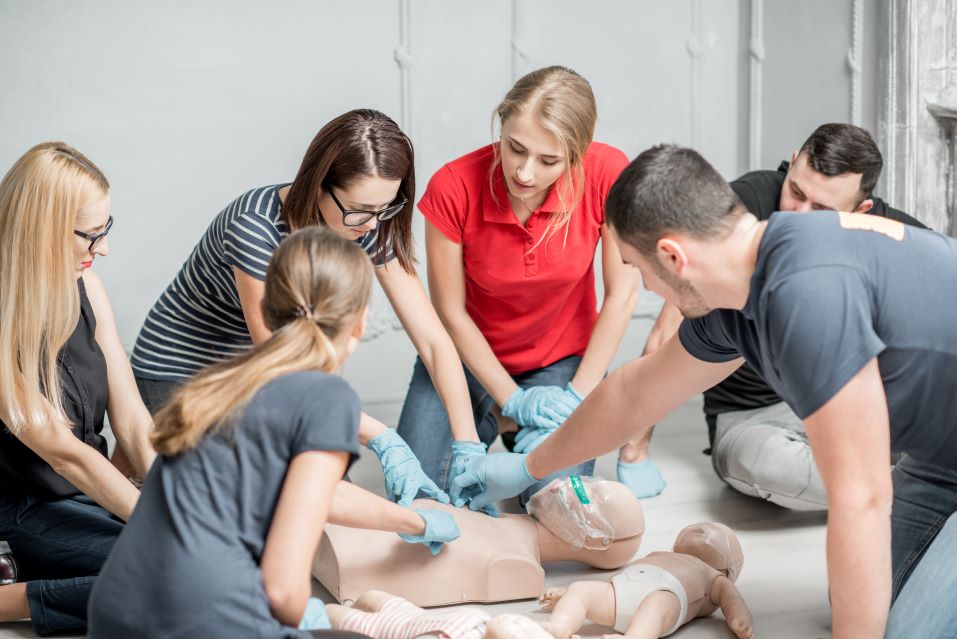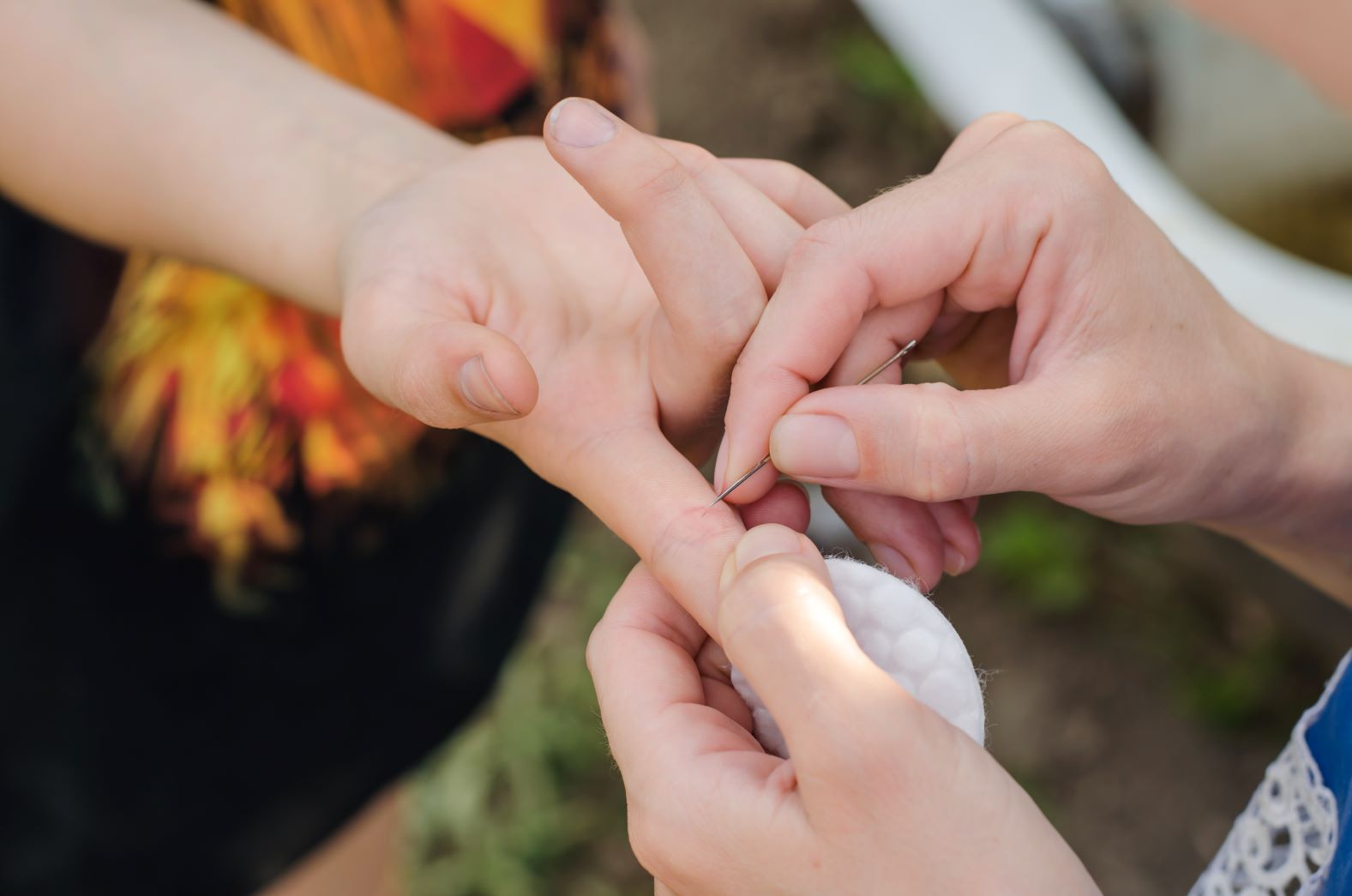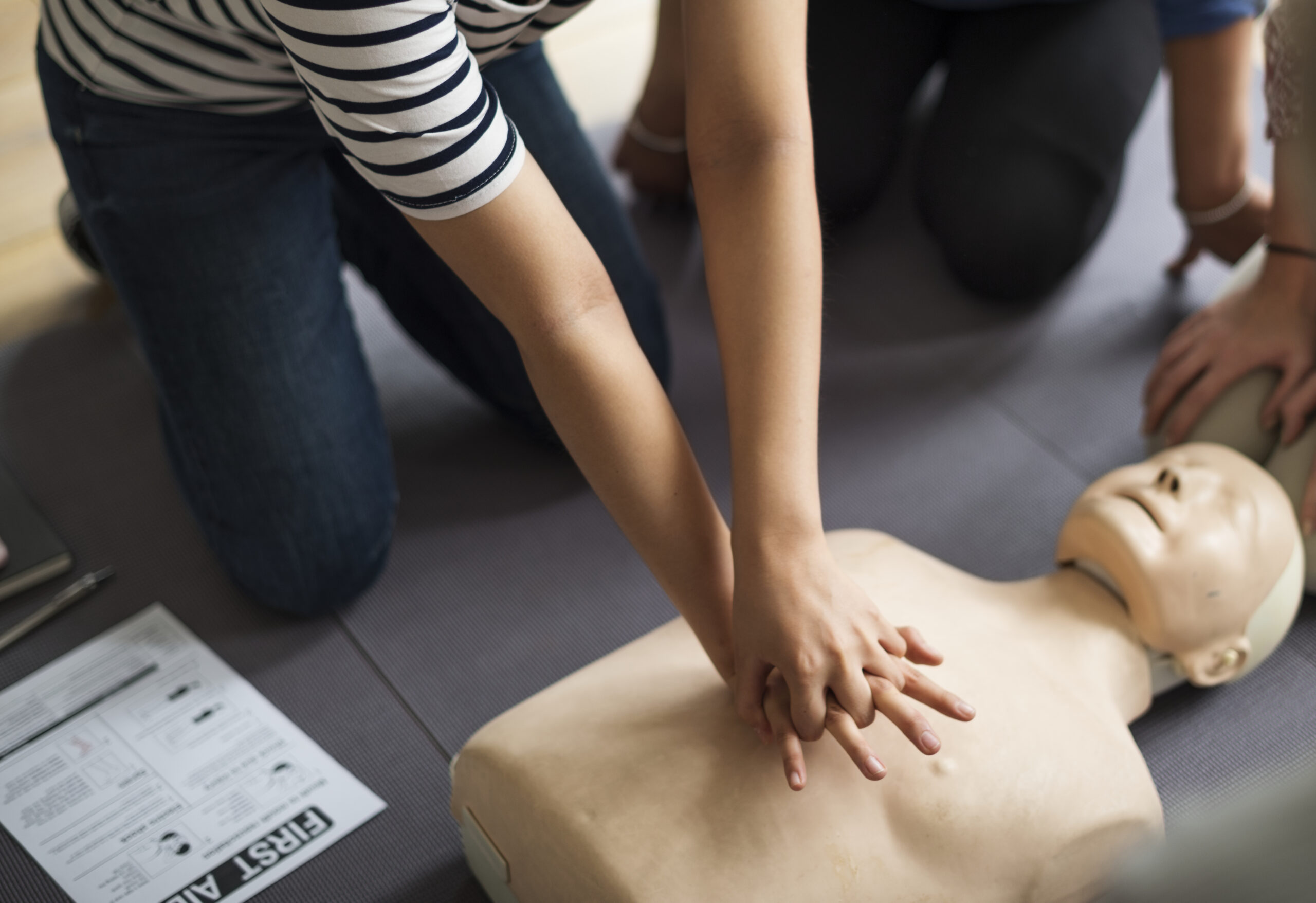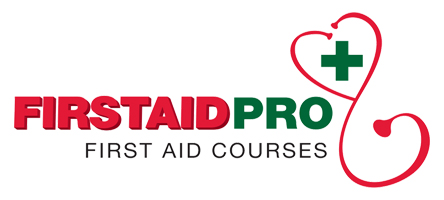Flu Survival Guide: The flu is a highly contagious respiratory illness caused by the influenza h2virus. It can cause a range of symptoms, from mild to severe, and is often not a cause for concern.
While most people who get the flu will recover without serious complications, certain groups are at a higher risk. For these groups of people, the flu can lead to serious health problems such as pneumonia, bronchitis, and sinus and ear infections, which can require hospitalisation and, worse, can be fatal.
In this blog, we’ll go over the flu survival guide, from recognising common symptoms and first aid for flu to providing tips and tricks to prevent this highly contagious disease.
Common Symptoms Of Flu
The symptoms of the flu are similar for both children and adults, but children may experience additional side effects. Common signs and symptoms of flu may include:- Fever or chills
- Chest discomfort or cough
- Sore throat
- Runny nose
- Muscle or body aches
- fatigue or weakness.
- Headache
- Sweating
- Loss of appetite
- Nausea
- Vomiting (more common in children)
- Diarrhea (more common in children)
First Aid Treatment For Flu
Here are first-aid remedies that can be beneficial for flu treatment:Take Over-The-Counter Medications
Take over-the-counter pain relievers such as acetaminophen (Tylenol) or ibuprofen (Advil, Motrin) to reduce fever and relieve muscle aches. Be sure to follow the dosing instructions on the label. Never give aspirin to a child with the flu. Do not give cough or cold medicine to children under 6 years old without consulting a doctor.Use A Humidifier
A humidifier can help relieve nasal congestion and coughing by adding moisture to the air.Keep The Throat Moist
A dry throat can make coughing worse. To help keep the throat moist, suck on lozenges or hard candy, or drink plenty of fluids.Stay Away From Others
The flu is highly contagious, so it is important to stay away from others to prevent the spread of the virus.Monitor Your Symptoms
Some people with the flu can develop serious complications, such as pneumonia.If the symptoms get worse or you develop shortness of breath, chest pain, or difficulty breathing, seek medical attention immediately. If you have a fever for more than a few days, or if the symptoms get worse, it is best to see a doctor right away. The doctor may prescribe antiviral medication to reduce the severity of symptoms and shorten the duration of the illness.8 Flu Prevention Tips
Prevention is the best defense against the flu. Here are healthy habits to help you and your loved ones protected against the flu.- Wash Your Hands Regularly: Washing your hands with soap and water for at least 20 seconds can help remove germs and prevent the spread of the flu. It is important to wash your hands after coming into contact with potentially contaminated surfaces, before eating, and after sneezing or coughing.
- Avoid Close Contact With Sick People: The flu is highly contagious, which is why it is important to avoid close contact with people who are sick to reduce your risk of getting infected. This includes avoiding shaking hands, hugging, or touching contaminated surfaces that a sick person may have touched.
- Get Vaccinated: The flu vaccine is the most effective way to prevent getting the flu. It is important to get vaccinated every year as the flu virus can change from year to year. The vaccine is available in the form of an injection or nasal spray, and it is recommended for everyone 6 months and older.
- Cover Your Nose And Mouth When You Cough Or Sneeze: This practice can help prevent the spread of the flu by trapping droplets that may contain the virus. Always use a tissue or the inside of your elbow to cover your nose and mouth, and then immediately wash your hands or use hand sanitiser.
- Clean And Disinfect Frequently Touched Surfaces: Flu viruses can survive on surfaces for up to 48 hours, so it is important to regularly clean and disinfect surfaces that are frequently touched, such as doorknobs, light switches, and cellphones.
- Maintain A Healthy Lifestyle: Eating a healthy diet, regular physical activity, and getting enough sleep can help boost the immune system and make you less susceptible to the flu. A healthy lifestyle can also help reduce stress, lowering your risk of getting sick.
- Wear A Mask: Wearing a mask can help to reduce the spread of the flu by trapping droplets that may contain the virus. Make sure to wash your hands before putting on and taking off your mask, and avoid touching the front of the mask while wearing it.
- Get Plenty Of Rest: Getting enough sleep can help boost your immune system, making it easier for your body to fight off the flu. Aim for 7-9 hours of sleep per night, and try to stick to a regular sleep schedule as much as possible.








